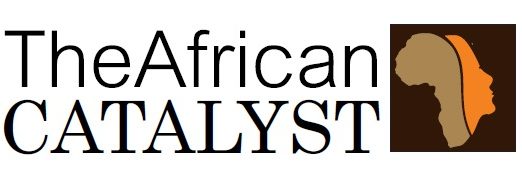Introduction
The rate of startup companies is rapidly increasing each year, especially in West African countries which are characterized with high level of unemployment. Unemployed people are beginning to look for a way out with witty ideas and innovations. The trend now is “if you can’t be employed, be the employer”. The number of startups keep adding to already existing companies yet very few of them have the potential to scale. However, scaling in the business world requires equity from investors such as venture funds, accelerators, angel investors and the likes.
The major problem faced is how these rising companies and investors find their match. As a company seeking investment, it’s a struggle to even get access to these investors and when you do thy just might not be what you’re looking for. It’s the same for the investors, they spend so much time going through investment proposals that usually contain irrelevant redundant information and, in the end, it is hard to find the companies that meet their investment criteria. It is mainly for this reason that Investor Matchmaking has become a trend in recent times.
Benefits of Investor Matchmaking
- It saves time and stress.
- Gets rid of the barriers to investment
- Companies gain more exposure.
- Opportunities are better streamlined for the investors
- Diverse options and opportunities in one space.
Issues in Private Investment in Africa
Unintelligible Data: Data on Africa’s macroeconomic performance has improved overtime but there is still a large gap in reliable data relating to private companies. Without substantial data, it is incredibly tough to complete valuations and peer comparison. This can lead to mispricing transactions, neglecting the nuances of the local market opportunities as seen oftentimes when African companies are compared to international peers for a valuation.
Timewasters:
the phrase is commonly used to refer to clients, brokers and investors who often act without authority or knowledge, and therefore fail to deliver. Most of this time wasted comes from not connecting the right deal to the right investor. Time is also wasted when middlemen are involved unnecessarily, particularly those who promise introductions to that one investor contact you do not have access to, in a deal.
Ambiguity of Relevant Deal Flow:
Most times, Africa-focused intermediaries position themselves as generalists in order to attract more client transactions. However, this strategy deters potential clients – both buy-side and sell-side – from identifying and connecting to the right intermediary with the requisite capabilities and network to successfully execute a transaction.
Proprietary Deals:
Private equity firms in Africa often demand proprietary deals to gain a competitive edge. This sounds ideal at first, but the fact is that most intermediaries are only able to source deals from their confined geographic and social networks, leaving investors with same handful of deals.
Additional challenges include the existence of generally unsophisticated private equity and transactional markets, the difficulties of deal origination, the need to hold assets for longer periods, uncertainty regarding ease of exit, unpredictable regulatory climates and the complexity of the regulatory position where deals involve assets in different African jurisdictions

